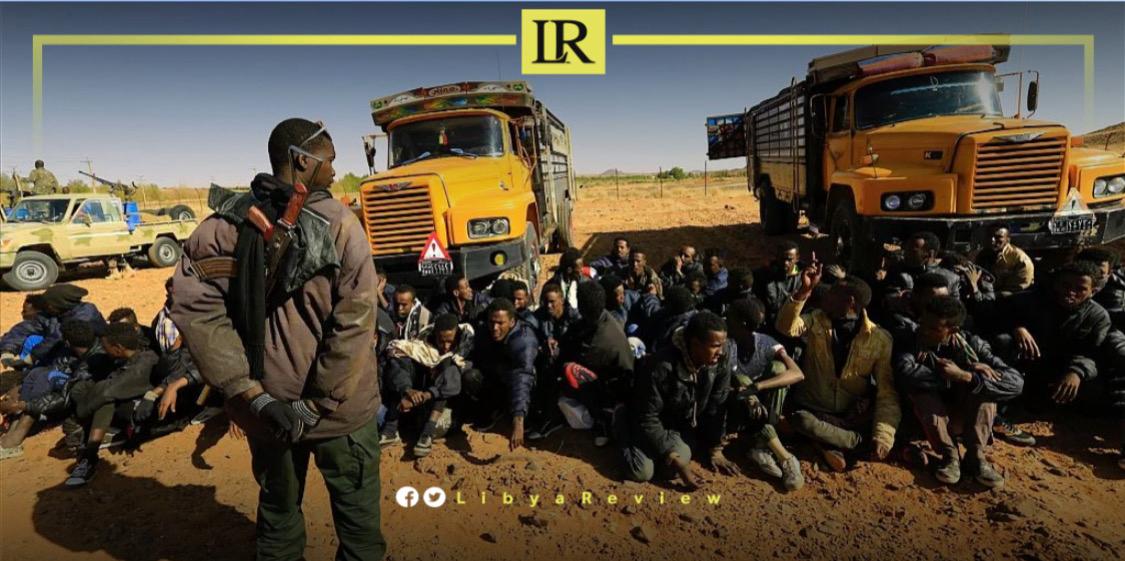As Libya grapples with its internal political complexities, a less vocalised humanitarian crisis is unfolding at its borders, as a significant influx of refugees has been crossing into Libya.
The recent announcement by Chad of a food emergency brings to light the broader regional impact of Sudan’s conflict. However, the response from Libya, especially in the southeastern city of Kufra, remains notably subdued.
Kufra, a principal gateway for Sudanese seeking refuge from war, is witnessing an alarming increase in refugee arrivals, pushing humanitarian conditions to the brink. Dr. Mohamed Younis, a key figure within Kufra’s Sudanese community and academic at the University of Benghazi, has voiced concerns over the dire circumstances faced by these refugees. Refugees find themselves in makeshift shelters without adequate resources.
While local efforts have seen Libyan families opening their homes to refugees and the military distributing essential aid, the sheer volume of arrivals is overwhelming Kufra’s infrastructure. The city, with a population of just 60,000, is ill-equipped to handle this influx, leading to soaring housing and food prices.
The establishment of an emergency committee in Kufra is a step towards addressing the crisis, but the lack of a unified national response underscores the complexities posed by Libya’s divided governance.
The refugee crisis not only Libya’s humanitarian resolve but also its political cohesion amidst ongoing division. The situation calls for a concerted effort from both Libyan administrations, backed by international support, to address the immediate needs of the refugees and to formulate a long-term strategy.
Dr. Younis’s appeal to international bodies highlights the urgent need for basic necessities, healthcare, and shelter. With the United Nations High Commissioner for Refugees (UNHCR) warning of increased refugee flows without a ceasefire in Sudan, Libya’s challenge is also a regional concern. It is further emphasised by Chad’s drastic measures in response to the refugee surge.
This crisis presents an opportunity for Libya to demonstrate leadership and collaboration, both domestically and regionally. The international community’s role is crucial in providing support and facilitating a coordinated response to ensure that the humanitarian needs of the refugees are met.


